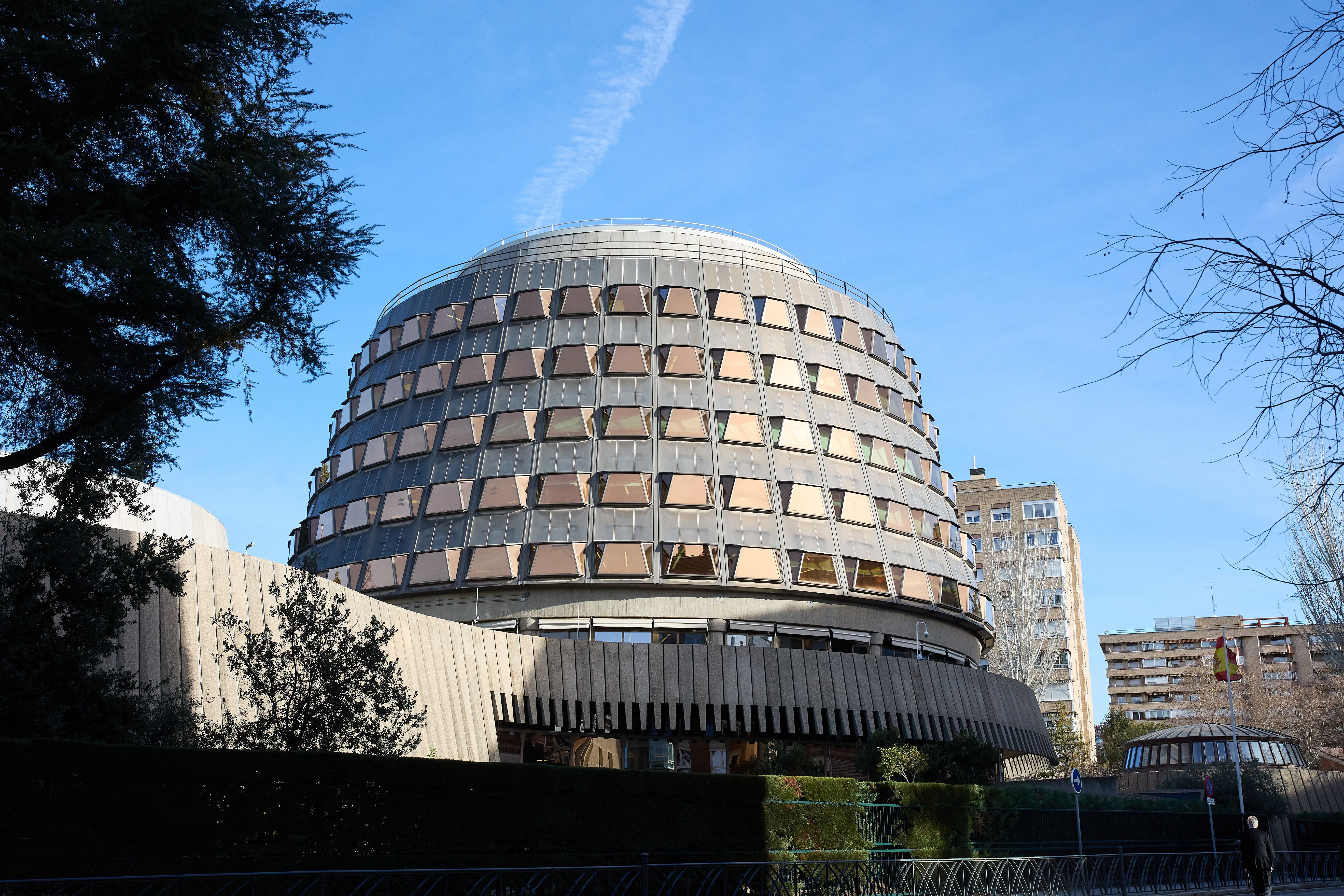Spain's Constitutional Court has definitively endorsed the constitutionality of the so-called Celáa Law, the education law passed by the Pedro Sánchez government in 2020, and in the process has completely rejected the appeal made by the far-right Vox parliamentary group. In its vote this Tuesday, with the six progressive judges on the court voting in favour, and former minister Juan Carlos Campos recusing himself, the court recalls that the educational system must require "a pattern of balance and equality" between the Spanish language and the co-official languages - Catalan, Galician and Basque. In addition, it considers that the state has no obligation to establish proportionate quotas for language use.
In the ruling, the court defends that the new legislation coincides with Article 3 of the Spanish Constitution, which guarantees the right to classroom use of both Spanish and any of the co-official languages that apply and notes that the state must ensure respect for students' linguistic rights. In particular, as explained by the judges, "the Constitution does not give rise to a necessary fixing by the state of a usage proportion for Spanish in the educational system", adding that "rather, there must be a model of balance and equality between languages, and the effective right to use them". In the case of the law under study, the court affirms that this model does exist.
In the appeal presented by Vox, the far-right party disputed what it considered "the most sectarian part of the law" which, in its opinion, had to do with the teaching and financing of concertada schools (private schools receiving public funding), religious education, differentiated education and special education centres as well as the "exclusive nature" of Spanish as a vehicular language. In its response, the Constitutional Court rejected in their entirety all of the points made by the extreme right.
Language quotas and Catalonia
The question of quotas for classroom language usage has become particularly controversial in Catalonia over the last two years, with a series of court rulings on the language regime used in Catalan schools, which mostly have sought to impose a quota of 25% of classroom time in the Spanish language. These quotas have thus challenged the Catalan language immersion system that has been applied since the 1980s, intended to ensure students learn competency in both Spanish and Catalan, through a system in which Catalan has been, in theory at least, the only vehicular language in the education system. In 2022, in response to these judicial demands, the Catalan government and Parliament passed new legislation which avoided the 25% imposition by rejecting numeral quotas, while at the same time conceding that Spanish had the status of a "language of use" in Catalan education.

